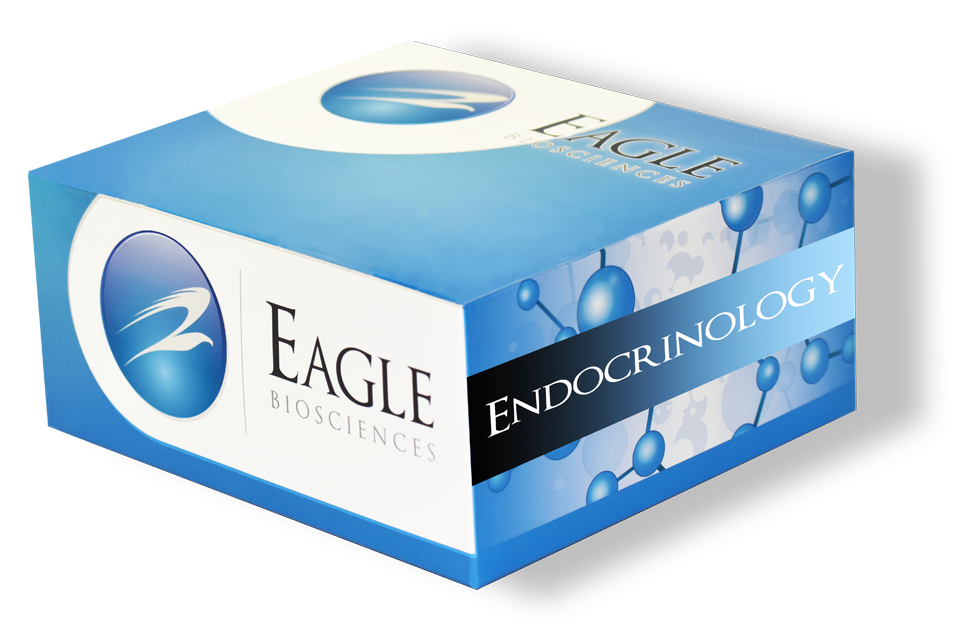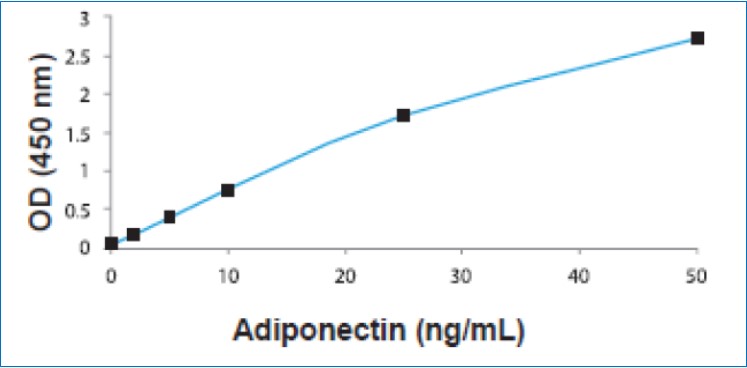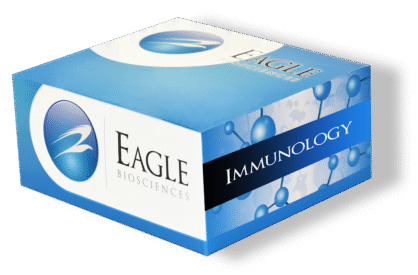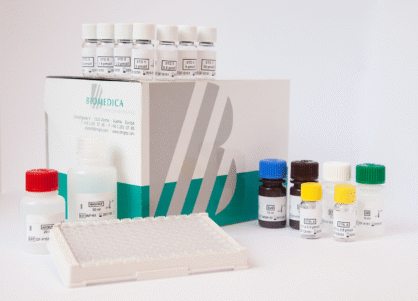Adiponectin High Sensitive ELISA Kit
Adiponectin is a protein hormone secreted predominantly by adipose tissue that plays a crucial role in regulating glucose levels and fatty acid breakdown. It is considered a key biomarker due to its anti-inflammatory, insulin-sensitizing, and anti-atherogenic properties. Unlike many other adipokines, adiponectin levels are typically inversely correlated with body fat percentage, meaning lower levels are found in obese individuals. This hormone enhances insulin sensitivity by increasing glucose uptake and fatty acid oxidation in muscle and liver tissues, making it an important marker for metabolic health.
In both research and clinical settings, adiponectin is utilized as a biomarker to assess the risk and progression of metabolic disorders such as type 2 diabetes, cardiovascular diseases, and obesity-related complications. Its circulating levels can provide insight into insulin resistance status and systemic inflammation. Additionally, adiponectin measurement is valuable in evaluating therapeutic responses to lifestyle interventions or pharmacologic treatments aimed at improving metabolic outcomes. Due to its protective metabolic effects, adiponectin is also being studied for its potential role in predicting cardiovascular events and guiding personalized treatment strategies
This Adiponectin High Sensitive ELISA Kit is manufactured in USA by Eagle Biosciences.





